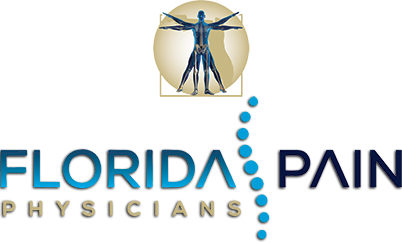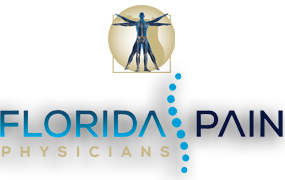Millions of individuals who suffer from peripheral neuropathy know the discomfort and pain it can cause. Nerve damage can impact your everyday life, from your cognitive abilities to even your balance. The good news is that if caught soon, it is possible to treat neuropathy and ease the symptoms. In this blog, we’ll explore the three types of neuropathy treatment in Jacksonville, FL, that patients can benefit from.
Over-the-Counter Treatments
The most accessible types of treatment for neuropathy are over-the-counter solutions. Over-the-counter medical aids such as painkillers and topical creams can minimize symptoms like pain, burning sensations, and irritation. Nonsteroidal anti-inflammatory drugs (NSAIDs) can prevent inflammation and pain when taken regularly.
Topical painkillers can help to ease symptoms of neuropathy in a targeted area. Additionally, some over-the-counter supplements may aid in reducing nerve pain. Supplements such as alpha-lipoic acid, acetyl-L-carnitine, and gamma-linolenic acid have all shown some ability to reduce symptoms.
Prescription Treatments
In cases where over-the-counter treatments do not reduce symptoms enough, prescription medications may be necessary. Four FDA-approved prescription drugs, duloxetine, pregabalin, eribulin, and tapentadol, are available to manage neuropathic conditions. Prescription drugs treat nerve pain by improving nerves and the brain’s ability to communicate and control pain signals.
With prescription medications, you must carefully monitor interactions with other medications and doses. That’s why, before taking any medication, it is essential to have the advice and approval of a medical expert.
Therapy Treatments
Physical therapy is amongst the most successful methods to treat neuropathy. Physical therapy increases muscle strength, improves balance, and enhances overall mobility. Massage therapy can minimize stiffness, tension, and muscle spasms. Chiropractic services offer adjustments that help to relieve nerve pressure and reduce inflammation. Acupuncture has also been shown to minimize nerve pain and improve nerve signal transmission.
In conclusion, understanding the different treatments available for peripheral neuropathy is vital. Pain management is achievable, and quality of life can be recovered through medications and therapy.




